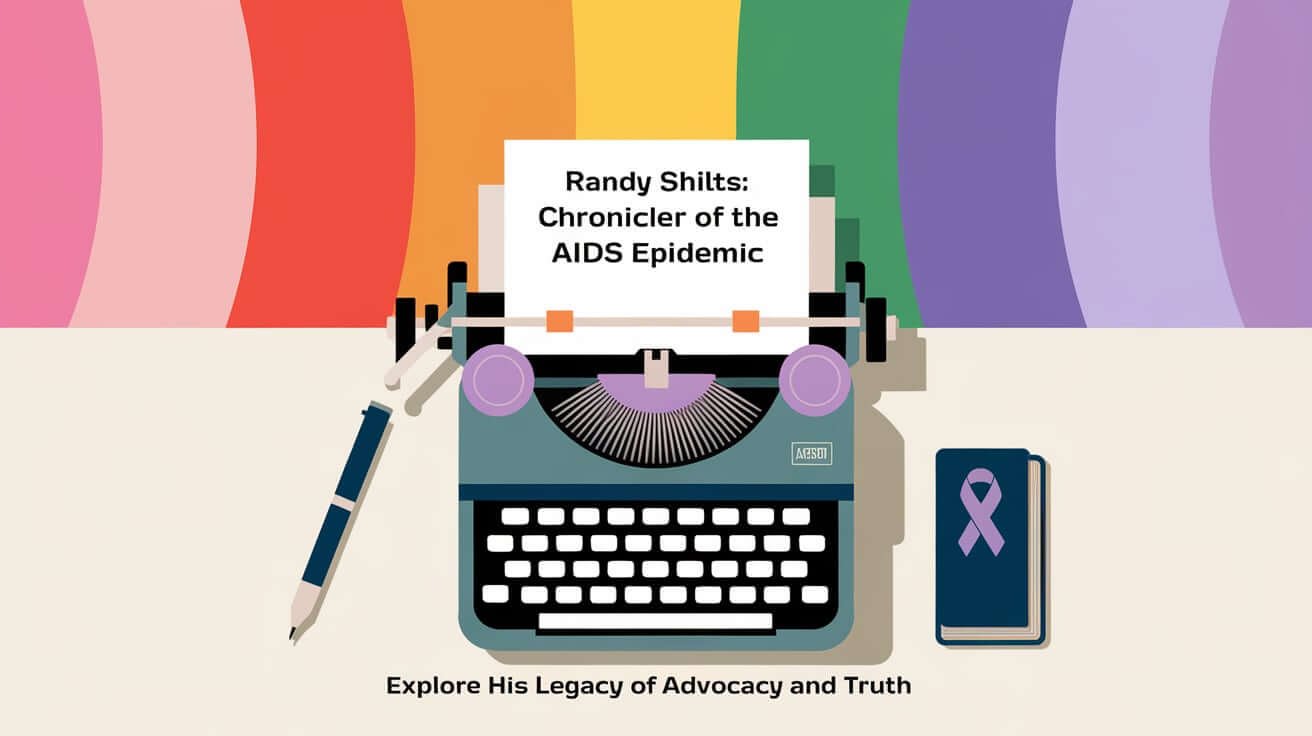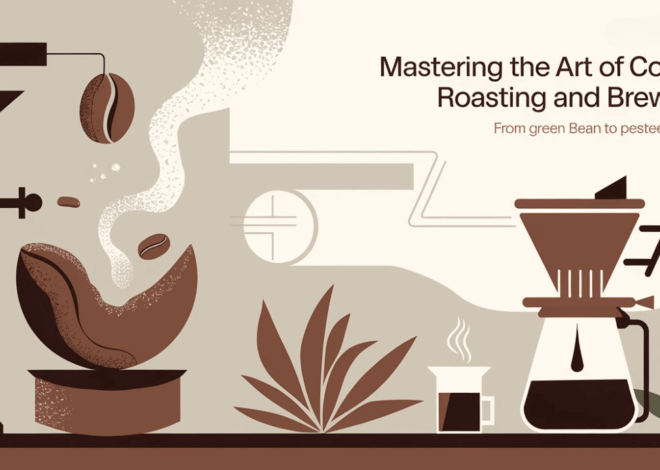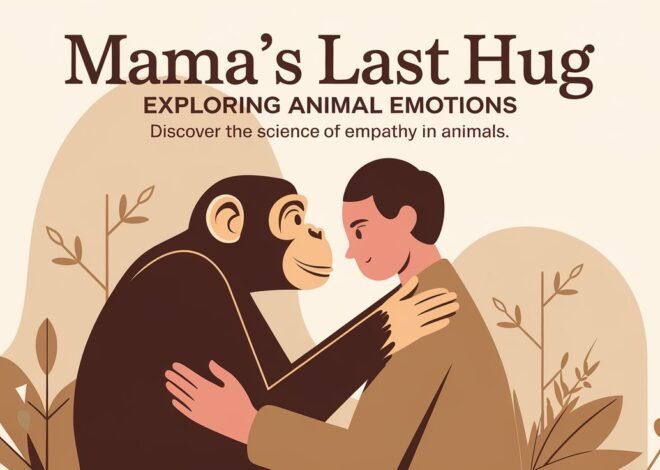
Randy Shilts: The Journalist Who Chronicled the AIDS Epidemic and Shaped LGBTQ+ History
Introduction
Randy Shilts was not just a journalist; he was a trailblazer who gave a voice to the marginalized during a time of crisis and transformation. As the first openly gay reporter at a mainstream newspaper, he fearlessly covered issues that many chose to ignore. His works—The Mayor of Castro Street, And the Band Played On, and Conduct Unbecoming—remain critical to understanding the intersections of LGBTQ+ rights, the AIDS epidemic, and military discrimination.
In When the Band Played On: The Life of Randy Shilts, Michael G. Lee captures the remarkable journey of this groundbreaking journalist. This article explores Shilts’s legacy, his impact on the LGBTQ+ community, and the lessons we can draw from his life and work.
The Early Years: Ambition and Advocacy
Breaking Barriers in Journalism
Randy Shilts entered journalism during a time when being openly gay was often a career-ending move. Yet, he became the first openly gay journalist assigned to cover LGBTQ+ issues at The San Francisco Chronicle. Through perseverance and incisive reporting, he elevated stories that mainstream media had long overlooked.
“Randy Shilts was perhaps the most important chronicler of gay life, politics, and disaster at the end of the last century.”
— Rebecca Makkai, Author of The Great Believers
The Rise of a Voice for the Marginalized
Shilts’s reporting brought unprecedented visibility to LGBTQ+ issues. He tackled topics ranging from gay liberation to systemic discrimination, creating a space for meaningful dialogue. His commitment to truth-telling earned him both acclaim and controversy, positioning him as a leading voice for his community.
The Major Works of Randy Shilts
The Mayor of Castro Street: Chronicling Harvey Milk
In 1982, Shilts published The Mayor of Castro Street, a biography of Harvey Milk, the first openly gay elected official in California. The book not only honored Milk’s legacy but also highlighted the political dynamics of San Francisco’s LGBTQ+ movement.
- Key Themes:
- Milk’s rise as a political figure and symbol of hope.
- The struggles of LGBTQ+ activists against institutionalized homophobia.
- The aftermath of Milk’s assassination and its impact on the movement.
And the Band Played On: Exposing the AIDS Epidemic
Shilts’s most iconic work, And the Band Played On, documented the early days of the AIDS epidemic. It revealed how political apathy, media indifference, and societal prejudice fueled the crisis. The book remains a seminal text in understanding the intersection of health and human rights.
- Impact:
- Brought national attention to the AIDS epidemic.
- Highlighted the systemic failures of government and healthcare institutions.
- Sparked public outrage and galvanized advocacy for research and funding.
“Shilts’ work, well described and documented here, helped draw public attention to a disease that all too many—not least in the Reagan administration—plainly wished to ignore.”
— Kirkus Reviews
Conduct Unbecoming: LGBTQ+ Discrimination in the Military
In Conduct Unbecoming, Shilts explored the mistreatment of LGBTQ+ servicemembers. The book exposed the systemic harassment and unjust policies faced by those who served their country while being forced to hide their identities.
The Legacy of And the Band Played On
A Wake-Up Call for America
And the Band Played On was groundbreaking in its portrayal of the AIDS epidemic. Shilts detailed the origins of the virus, tracing its journey from Africa to America and exposing the societal indifference that allowed it to spread.
- The Controversy of “Patient Zero”:
Shilts’s identification of Gaëtan Dugas as “Patient Zero” sparked debate. While it underscored the virus’s rapid spread, some criticized the label as stigmatizing. Despite this, the book’s core message—demanding accountability—resonates to this day.
Media Indifference and Its Consequences
Shilts revealed how media outlets largely ignored AIDS until it began affecting heterosexual individuals. This delay in coverage perpetuated harmful stereotypes and delayed public action.
“The media’s reluctance to discuss homosexuality compounded the epidemic, allowing stigma to overshadow science and empathy.”
Randy Shilts: The Personal and Professional Journey
A Life of Resilience
Behind the headlines, Shilts faced his own struggles. As an openly gay journalist, he battled prejudice and self-doubt. His work was deeply personal, often reflecting his own experiences as part of a marginalized community.
The Personal Cost of Advocacy
Shilts was diagnosed with HIV during the writing of And the Band Played On. To maintain objectivity, he postponed learning his test results until after completing the manuscript. Tragically, he succumbed to AIDS-related complications in 1994, leaving behind a legacy of courage and commitment.
Lessons from Randy Shilts’s Life
The Power of Journalism
Shilts’s reporting demonstrated the transformative power of journalism to advocate for marginalized communities and demand systemic change. His work serves as a model for using storytelling to drive social impact.
Combating Stigma Through Awareness
By shining a light on the human toll of the AIDS epidemic, Shilts challenged societal biases and called for compassionate public health policies. His legacy reminds us of the importance of empathy and inclusion.
Conclusion: Honoring a Trailblazer
Randy Shilts’s life was one of profound impact. His fearless reporting on LGBTQ+ rights and the AIDS epidemic reshaped public discourse and inspired generations of activists and journalists.
Michael G. Lee’s biography, When the Band Played On, ensures that Shilts’s story is preserved for future readers, honoring a journalist who changed the world through his words.
“Shilts’s indefatigable reporting was so important in breaking through to the outside world…what we did then made space for a very different role for queer communities.”
— Carol Queen, PhD, Center for Sex & Culture
Let us continue Shilts’s legacy by championing truth, empathy, and equality in the face of adversity.


